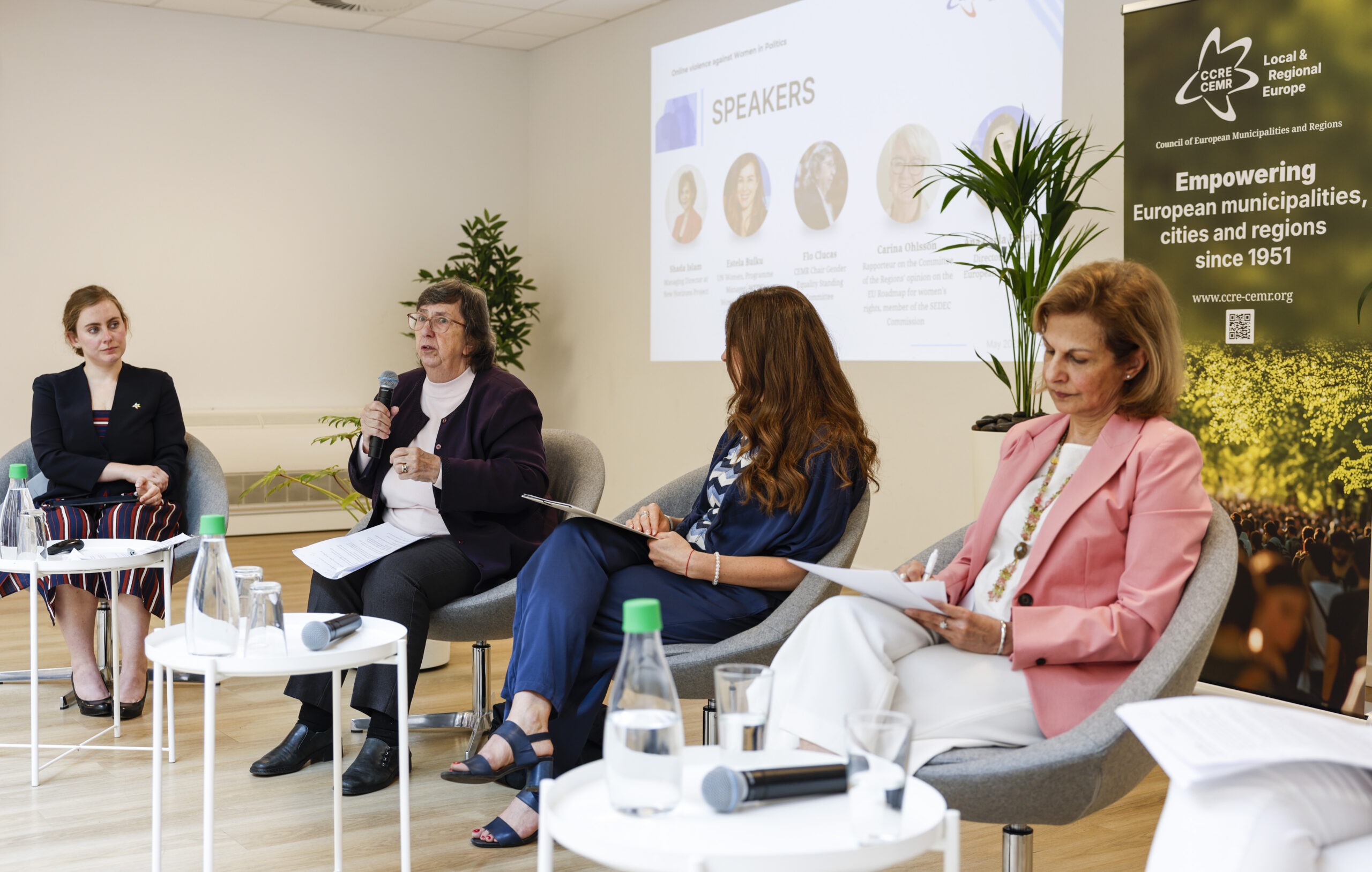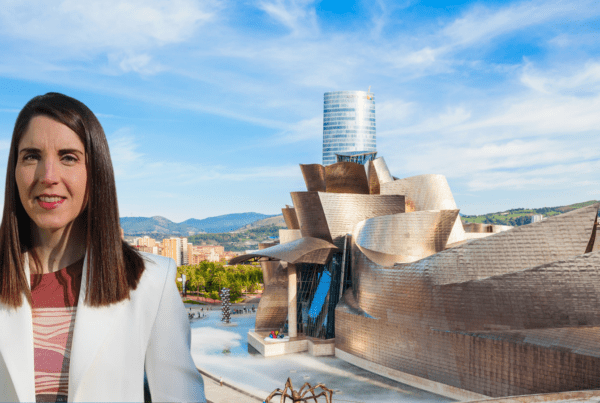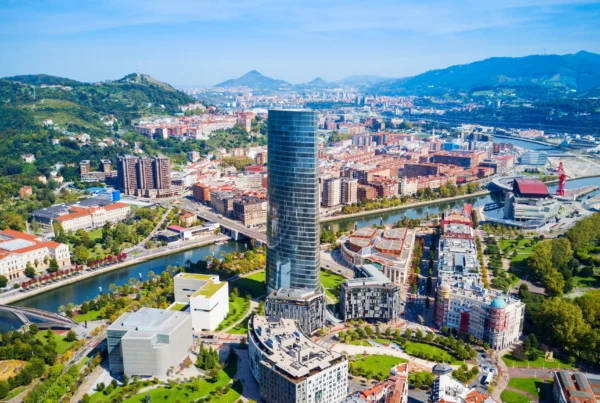Safeguarding Democracy in the Digital Age: CEMR Hosts Event on Cyberviolence Against Women in Politics
On 21 May 2025, the Council of European Municipalities and Regions (CEMR) gathered policymakers, experts, and local leaders at ACE Events in Brussels to spotlight a growing threat to democracy: cyberviolence directed at women in politics.
The event, “Online Violence Against Women in Politics: Safeguarding Democracy in the Digital Age”, convened the participants to examine the digital harassment, intimidation, and abuse that disproportionately target women politicians. This phenomenon, recognised as a form of gender-based violence, not only silences women’s voices but threatens the very fabric of democratic institutions.
Framing the Issue
Building on the CEMR’s Women in Politics study, Annelies Coessens, CEMR’s Policy Officer for gender equality, diversity and migration, highlighted a harsh reality: 32% of women in politics report experiencing violence, with nearly one in three facing cyberviolence. These statistics reflect the challenges that women politicians can face in public life.
Estela Bulku from UN Women provided a global perspective, noting, “Violence against women transcends political ecosystems and societies. New technologies are creating new channels for intimidation and harassment.” Bulku referenced initiatives, including Bolivia’s groundbreaking law against political harassment and ongoing efforts in countries such as Brazil and Zimbabwe to raise awareness and provide capacity-building support.
Carina Ohlsson, rapporteur for the Committee of the Regions, presented the local dimension, pointing out that “cyberviolence is a new form of gender-based violence, and it affects democracy. We need good legislation and action on all levels. Men must be part of the conversation.” She emphasised the role of local authorities in creating safe political spaces.
Insights from Media and Local Governance
Shada Islam, a prominent commentator on EU affairs, shared her personal experiences of online abuse, underscoring the power imbalance in public discourse. “In this world, there is no impartiality. We all must become advocates,” she remarked. Islam called for stronger enforcement of existing directives, a focus on intersectionality, and media literacy efforts to empower younger generations.
Flo Clucas, Chair of CEMR’s Gender Equality Committee and local councillor from the United Kingdom (UK), emphasised the need for enforcement: “There is no enforcement. We must challenge the European Union, the United Nations, all levels of government, and the media: this has got to stop. We need action” Drawing on local initiatives in the UK, Clucas highlighted grassroots collaborations with schools, families, and institutions to combat gender stereotypes and foster mutual respect.
Looking Ahead: EU and Local Actions
Ana Carla Pereira from the European Commission (DG JUST) provided insights into the new EU Directive to combat violence against women, with a significant focus on cyberviolence. She acknowledged the challenges of ensuring member state compliance and highlighted the role of voluntary cooperation with online platforms to tackle content moderation issues. “The decrease of women in politics in the last European Parliament elections is also a symptom of the backlash on democracy,” she warned.
She concluded with a call to action, urging participants to contribute to ongoing consultations at the European level and to draw inspiration from local and regional initiatives. The final remarks reminded all that safeguarding women’s participation in politics is not merely a gender issue but a democratic imperative.
Collective Responsibility and Next Steps
CEMR’s initiative to set up an Observatory on Gender Equality was widely applauded as a necessary step to tracking trends and sharing good practices. The event left a lasting impression: the fight against online violence is a shared responsibility, demanding legislative action, grassroots engagement, media reform, and societal reflection.
As Flo Clucas aptly stated, “We need action. If not us, who?”.
For more information, contact:

Director – Policy & Impact







